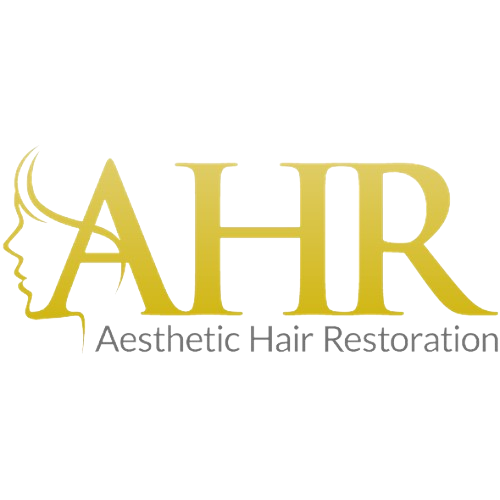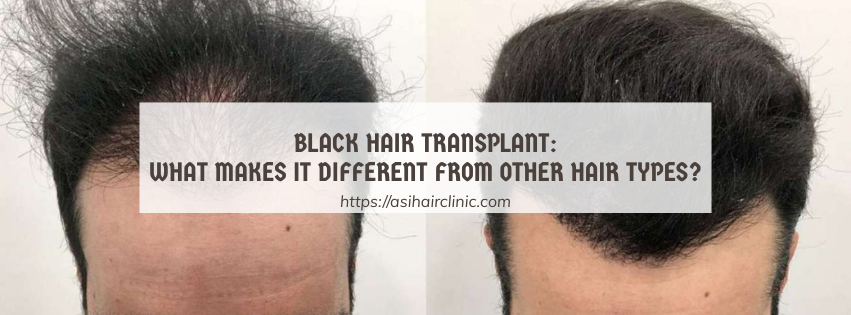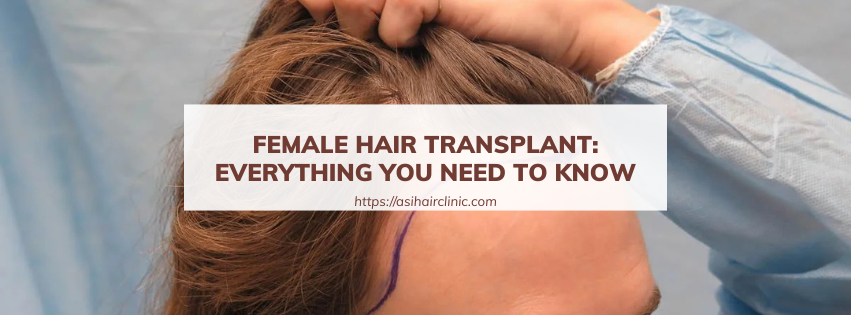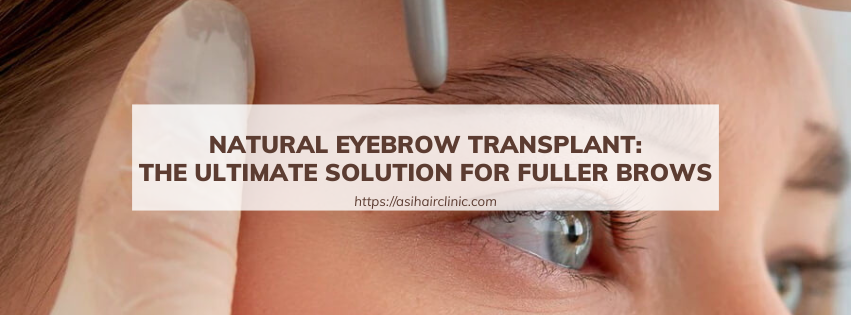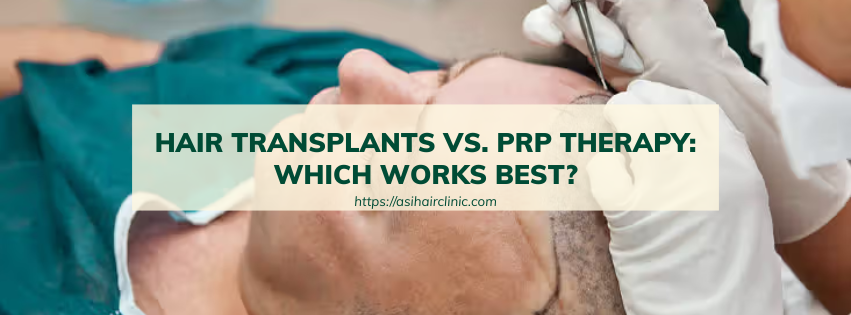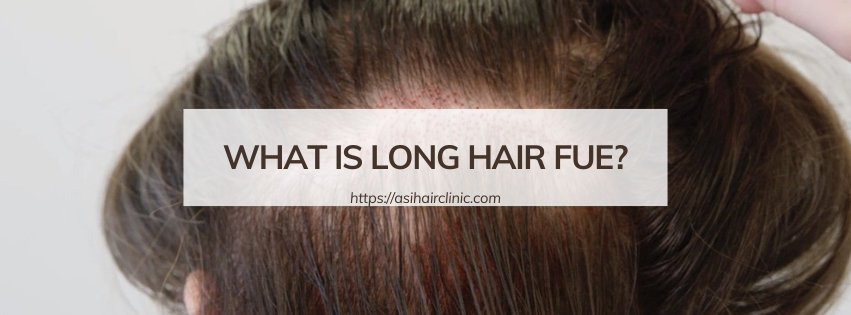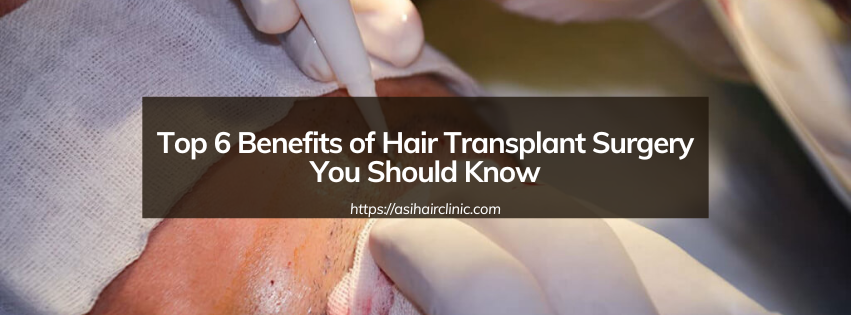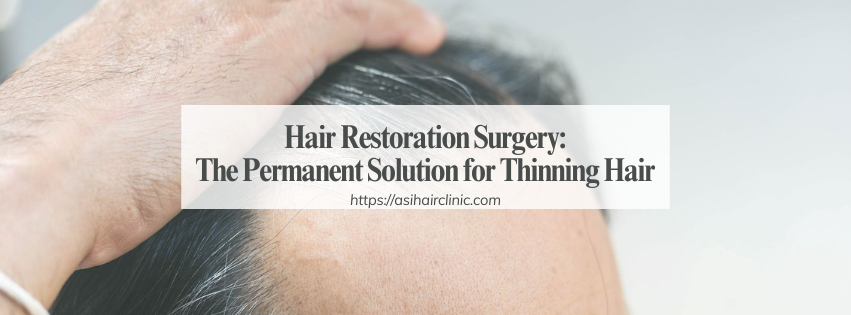Is stress at work causing your hair loss?
In today's fast-paced world, the relentless demands of modern work life can take a toll on our physical and mental well-being. One of the often-overlooked consequences is hair loss. While genetic predisposition and hormonal imbalances are known culprits, stress has emerged as a significant contributing factor, leaving many individuals wondering if their jobs are literally causing them to lose their hair. This article delves deeper into the complex relationship between stress and hair loss, exploring the scientific evidence, the underlying mechanisms, and the various ways stress can trigger hair shedding. We'll also discuss effective strategies for managing work-related stress and protecting your hair from its detrimental effects.
1. The Science of Stress and Hair Loss
Understanding the science behind stress and its impact on hair loss is crucial in unraveling this complex issue. As we delve deeper into the biological mechanisms at play, it becomes evident that stress is not just a mental state; it significantly affects our physiological processes, including hair growth.
1.1. How Stress Affects Our Bodies
When we encounter stressors, be they professional or personal, our body reacts by releasing several hormones, mainly cortisol, adrenaline, and norepinephrine. These hormones prepare us to respond to threats – a response termed "fight or flight." While beneficial in short bursts, chronic exposure to these hormones can wreak havoc on our bodies, leading to various health issues, including hair loss.
The persistent elevation of cortisol levels can interfere with normal bodily functions, including those regulating hair growth. When cortisol remains elevated due to ongoing stress, it suppresses the immune system and disrupts the normal hair growth cycle, ultimately leading to increased shedding.
1.2. Telogen Effluvium: The Stress-Induced Hair Loss
One of the primary ways stress manifests as hair loss is through a condition called telogen effluvium. This occurs when a significant portion of hair follicles enter the resting phase (telogen) prematurely due to stress, leading to increased shedding.
The hair growth cycle consists of three phases:
- Anagen: The active growth phase lasting 2-7 years.
- Catagen: A short transitional phase where hair growth slows down.
- Telogen: The resting phase where the hair follicle sheds, lasting approximately three months.
In cases of telogen effluvium, stress triggers a sudden shift of hair follicles into the telogen phase, causing a noticeable increase in hair shedding after a delay of about two to three months. This phenomenon can be quite alarming for many, as they may not immediately connect their stress levels to their hair loss. However, the good news is that this type of hair loss is usually temporary and reversible once the stress is managed effectively.
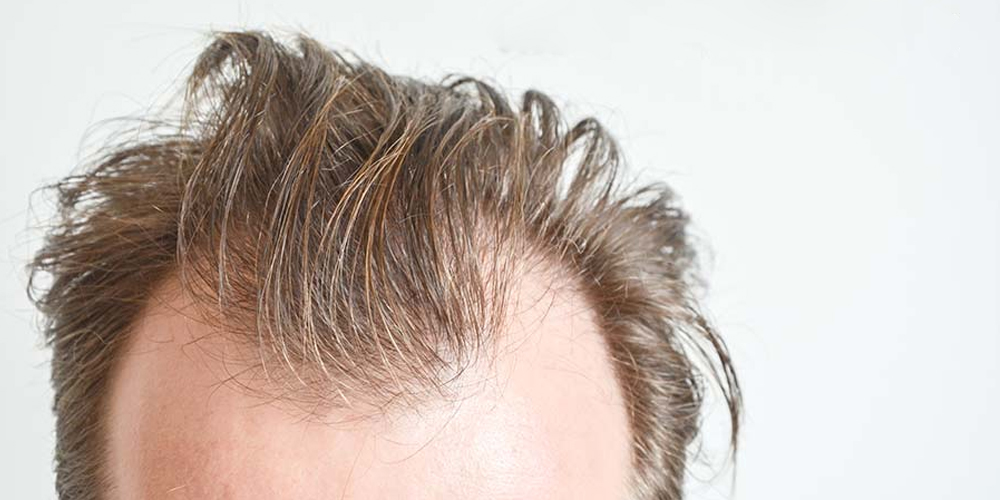
1.3. Cortisol’s Role in Hair Loss
Cortisol plays a pivotal role in the development of stress-related hair loss. Elevated cortisol levels can lead to hormonal imbalances that directly affect hair growth. Chronic stress can result in high concentrations of cortisol, which in turn interferes with the normal functioning of hair follicles and alters the hair growth cycle.
Moreover, excessive cortisol levels can lead to an imbalance in other hormones, such as estrogen and testosterone, both of which are essential for healthy hair growth. The interplay of these hormones can lead to thinning hair and, in some cases, complete hair loss over time.
2. How Work Stress Triggers Hair Loss
The workplace can be a breeding ground for stress, with numerous factors contributing to chronic stress levels. Tight deadlines, interpersonal conflicts, job insecurity, and unrealistic expectations can all add up, triggering pathways that lead to hair loss.
2.1. Workplace Stressors and Their Impact
Identifying workplace stressors is vital in understanding how they contribute to hair loss. Factors such as long working hours, demanding bosses, and constant connectivity through technology can create an environment ripe for stress.
Chronic exposure to these stressors can escalate cortisol levels, leading to hair-focused problems. For instance, the overwhelming pressure of tight deadlines can lead to sleep deprivation, poor eating habits, and an overall deterioration of mental health, compounding the negative impacts on hair growth.
2.2. Hormonal Imbalances
Stress hormones, particularly cortisol, can interfere with the normal functioning of hair follicles. High levels of cortisol inhibit the synthesis of certain hormones essential for hair growth, leading to reduced hair density and increased shedding.
Additionally, adrenal hormones produced under stress can contribute to a condition known as androgenetic alopecia, where hair loss occurs in patterns rather than uniformly. This is especially concerning for individuals who might already have a genetic predisposition to hair loss.
2.3. Nutritional Deficiencies
Stress can lead to poor eating habits, further exacerbating hair loss. When under stress, individuals may resort to unhealthy comfort foods, neglect their nutritional needs, or forget to eat altogether. These behaviors can result in nutritional deficiencies that affect hair health.
Lack of essential nutrients, such as vitamins B, D, iron, and protein, can impair the hair growth process. Ensuring a balanced diet rich in these nutrients is essential for maintaining hair health and combating stress-induced hair loss.
2.4. Sleep Deprivation and Its Effects
Insufficient sleep is another hallmark of stress that deeply affects metabolic functions and hormonal balance. Chronic sleep deprivation can elevate cortisol levels, creating a vicious cycle that contributes to hair loss.
Sleep is essential for the body's recovery and repair processes, including hair regeneration. During deep sleep, the body releases growth hormones and carries out vital repair functions. Without adequate sleep, hair follicles may remain dormant longer, leading to increased shedding and hair thinning.

3. Unmasking the Signs of Work-Related Hair Loss
While hair loss is a common concern, it's crucial to differentiate between general hair shedding and something more serious. Recognizing the signs of stress-related hair loss is the first step toward addressing the underlying issues.
3.1. Sudden Increase in Hair Shedding
If you're noticing that you're losing more hair than usual, particularly in clumps or after showering or brushing, this could be a sign of telogen effluvium. Many individuals often overlook this symptom, attributing it to seasonal changes or normal aging.
However, significant hair shedding, especially if it coincides with a stressful event, warrants attention. Keeping a close eye on your hair's health can help you identify any concerning changes early on.
3.2. Diffuse Thinning
Another manifestation of work-related hair loss comes in the form of diffuse thinning. Unlike bald patches characteristic of other types of hair loss, diffuse thinning refers to a gradual reduction of hair density across the scalp.
This type of hair loss can often go unnoticed until it becomes pronounced. Individuals may feel alarmed upon realizing their hair no longer feels as thick, prompting concerns about potential underlying stress factors.
3.3. Hair Loss Associated with Stressful Events
A strong correlation exists between specific stressful events at work and hair loss. If you notice your hair loss coinciding with major project deadlines, workplace conflicts, or significant changes, it may indeed be a sign of stress-induced hair loss.
Monitoring emotional states and their relation to hair health can provide insights into whether your hair loss is simply genetic or connected to your work environment.
4. Managing Work Stress to Preserve Your Hair
Now that we understand how stress can affect our hair, let's explore actionable strategies for managing work-related stress and minimizing its impact on our locks.
4.1. Identifying and Addressing Stressors
The first step in managing work stress is identifying the sources of stress in your work environment. This involves analyzing your workload, work style, relationships with colleagues, and overall job satisfaction.
Being aware of what specifically triggers your stress can empower you to take proactive steps. Consider speaking with a supervisor about workload concerns, seeking support from HR, or engaging in open conversations with coworkers about shared challenges.
4.2. Time Management Techniques
Implementing effective time management strategies can significantly lessen feelings of being overwhelmed. Prioritization is key; focus on the most pressing tasks first, breaking larger projects into smaller, manageable chunks.
Utilizing scheduling tools and calendars can help you visualize your commitments and prevent tasks from piling up. By staying organized, you’ll feel more in control and less anxious, paving the way for a healthier work-life balance.
4.3. Setting Boundaries and Taking Breaks
Learning to say no is an invaluable skill in today’s work culture. When faced with overwhelming workloads or additional tasks, do not hesitate to prioritize your health. Setting boundaries by declining extra responsibilities can help maintain a manageable workload.
Additionally, incorporating regular breaks throughout your day is crucial. Taking even short moments to step away from your desk can clear your mind, reduce stress levels, and ultimately protect your hair health.

4.4. Practicing Relaxation Techniques
Integrating relaxation techniques into your daily routine can have profound benefits for your mental and physical well-being. Activities such as meditation, deep breathing exercises, yoga, or spending time outdoors can mitigate stress levels effectively.
Finding time for hobbies you enjoy can also serve as a natural stress reliever. Whether it’s painting, gardening, or reading, allowing yourself a creative outlet can recharge your mental batteries and foster positive energy.
5. Support from Professionals
If work stress continues to be a significant factor in your life and you're experiencing excessive hair loss, seeking professional help is essential.
5.1. Talk to Your Doctor
Consulting a medical professional can help rule out any underlying medical conditions contributing to hair loss. They can provide personalized advice tailored to your individual circumstances and recommend appropriate treatments if necessary.
Open conversations about your health will empower you to take charge, ensuring you receive the support needed to address both stress and hair loss effectively.
5.2. Consider Therapy
Therapy can be immensely beneficial for navigating work-related anxiety. A qualified therapist can help you develop coping mechanisms tailored to your experiences, guiding you through effective stress management strategies.
Engaging in therapy fosters self-awareness and equips you with practical tools needed to combat stressors, resulting in better overall health and potentially improved hair outcomes.
5.3. Hair Loss Specialists
Visiting a dermatologist or trichologist specializing in hair loss can offer personalized advice, treatment options, and hair care recommendations. These professionals understand the intricate relationship between stress and hair loss, providing insights into holistic approaches for hair restoration.
Their expertise can guide you in selecting products and treatments that align with your unique hair health needs, ultimately reinforcing your confidence during challenging times.
6. Hair Loss Treatments
In cases of stress-induced hair loss, the first line of treatment is addressing the underlying stress. Managing stress effectively can alleviate symptoms and pave the way for hair regrowth. Depending on the severity of the hair loss, your doctor may also recommend various treatments.
6.1. Hair Transplantation
For those experiencing advanced hair loss, surgical options like hair transplantation may be considered. This procedure involves relocating hair follicles from areas of dense growth to thinning or balding regions of the scalp.
While a more invasive option, many individuals find success and increased confidence through hair transplantation. Choosing a qualified specialist is critical to achieving desirable results.
6.2. Scalp Micropigmentation
Scalp micropigmentation is a cosmetic procedure that involves tattooing tiny pigments onto the scalp to create the illusion of fuller hair. This non-invasive option can provide immediate aesthetic improvements without requiring medical intervention.
It's an excellent alternative for individuals seeking solutions without undergoing surgery. Consulting with professionals specializing in scalp micropigmentation can help you determine if this option aligns with your goals.
Conclusion
The relationship between stress and hair loss is undeniable. While some hair loss due to stress is temporary and reversible, chronic workplace stress can have long-lasting effects on your hair and overall health. By understanding the connections between work-related stress and hair health, we can navigate our careers more effectively while preserving our self-esteem and confidence. It's never too late to take charge and cultivate a healthier mindset that supports both your hair and your overall quality of life.
LATEST POSTS
